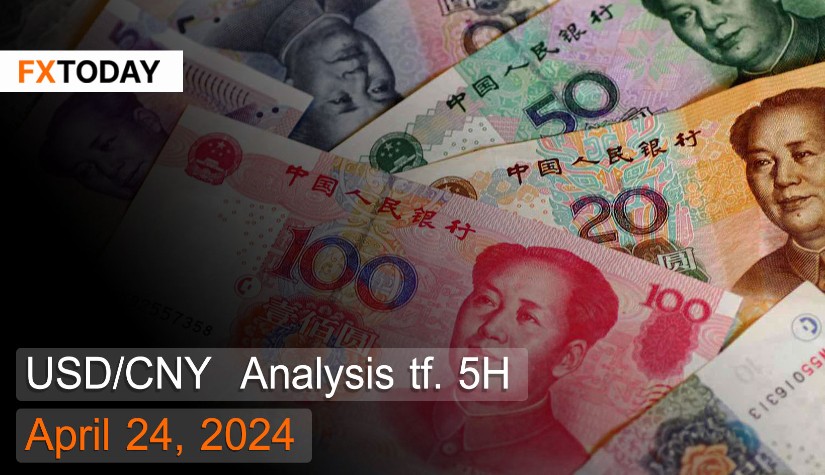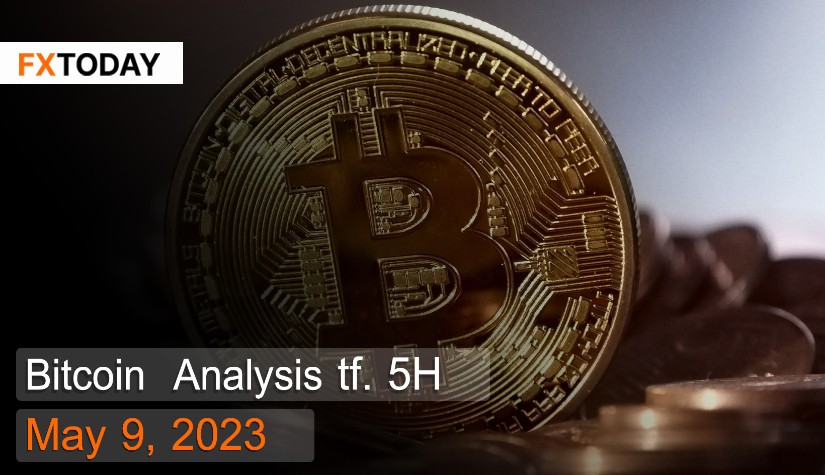Generally, each country has a central bank to ensure that the financial system and economy are continually moving in the right direction. Significantly, the ECB is one of the four most powerful central banks in the world, with the primary responsibility of formulating and implementing monetary policy for the Eurozone. Therefore, in this article, we will discuss the significant role of the ECB.
Get To Know ECB Meeting
ECB is an abbreviation for the European Central Bank. It is the regulating authority for the Eurozone's financial and banking sector. The ECB will make money or increase the system's supply by lending to financial institutions and buying bonds and mortgages. It is done electronically and is referred to as liquidity creation.
Frankfurt, Germany is the headquarters of the European Central Bank (ECB). The union whose currency is the euro is called the Eurozone. There are currently 19 countries:
- Austria
- Belgium
- Cyprus
- Estonia
- Finland
- France
- Germany
- Greece
- Ireland
- Italy
- Latvia
- Lithuania
- Luxembourg
- Malta
- Netherlands
- Portugal
- Slovakia
- Slovenia
- Spain
The Ecb’s Role in the Global Financial and Banking System
The European Union is the world's largest single trading bloc. Therefore, companies in the Eurozone must have a strong financial structure. For this reason, the ECB's involvement in controlling and maintaining currency value is crucial.
Significantly, the primary concern of the ECB is price stability, or inflation. This is because it affects the selection of whichever direction to take to maintain the euro's value.
Moreover, the ECB is able to establish interest rate regulations. The setting of interest rates by the ECB affects the cost of borrowing between banks. It also affects the incentives for lending reserve funds.
What Is an ECB Meeting?
The European Central Bank or ECB Press Conference is a meeting of the monetary policy decision-making committee. This meeting is held at least once every month.
At the meeting, the ECB president will provide a statement on the ECB's perspective on the global economic situation and the Eurozone nations.
In addition to providing economic data, the most important aspect of the meeting is clarifying the ECB's upcoming monetary policy. The examples are raising interest rates and doing QE. However, the ECB meeting will cause significant market volatility.
How Does the ECB Press Conference Impact Investment?
Due to the ECB's ability to raise or reduce the policy rate, ECB meetings have a significant impact on investment decisions. It affects the running expenses of a variety of businesses. For instance, when the ECB raises interest rates, it tends to reduce the profitability of most businesses. Therefore, ECB meetings will lead to currency fluctuations of EUR.
The examples of affected markets are as follows:
- Commodity market
- Forex market (Forex)
- Mortgage and business loans
- Stocks
- Bank stocks and earnings per share
Conclusion
The above mentioned information is why investors must regularly watch the ECB's monetary policy pronouncements and meetings. Investors can use them to make decisions on currency trading and stock market investment.
____________________________________________
Maximize your knowledge: Articles
Keep up to date on global events: News
Explore in-depth analysis: Technical Analysis
















